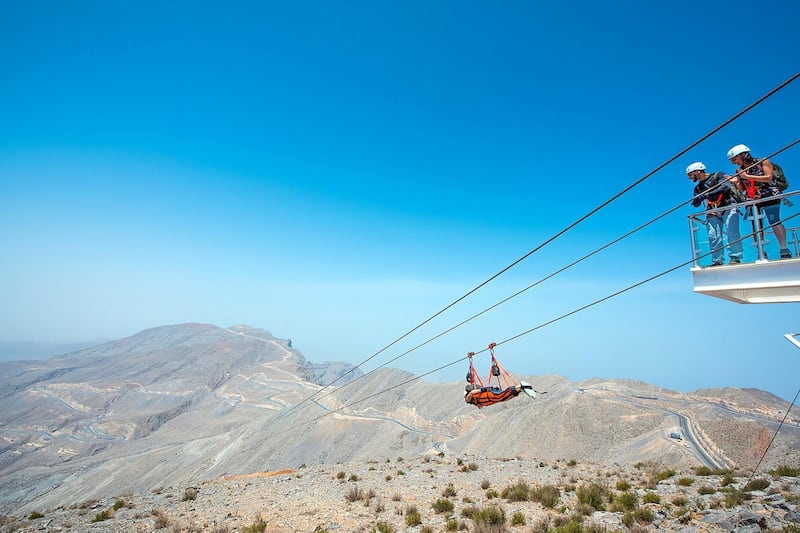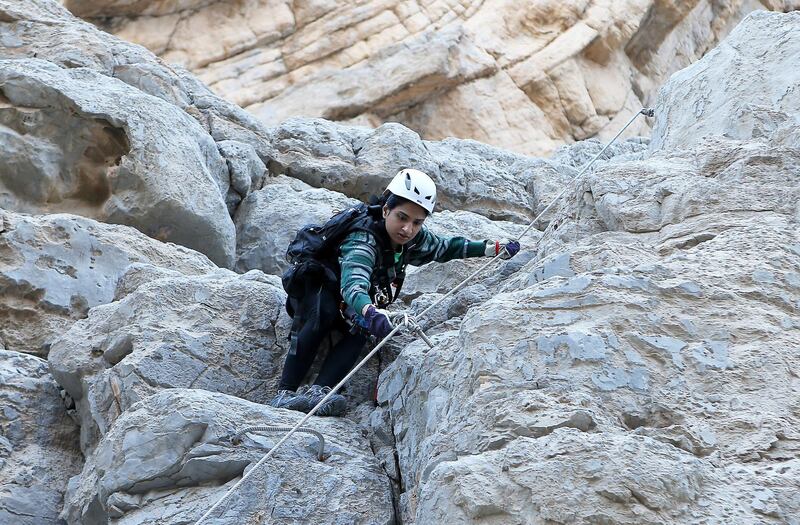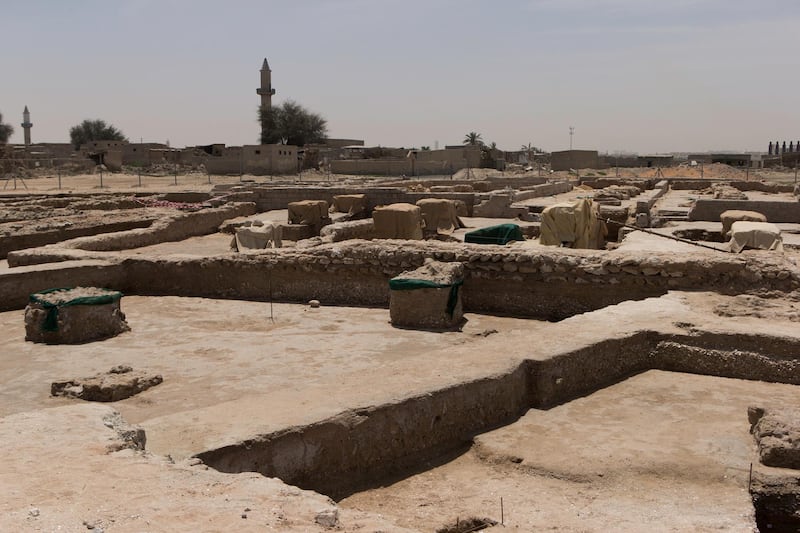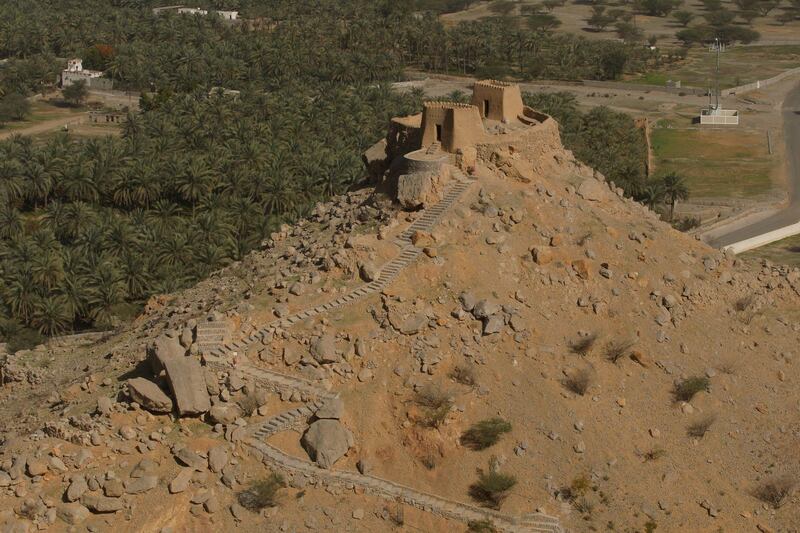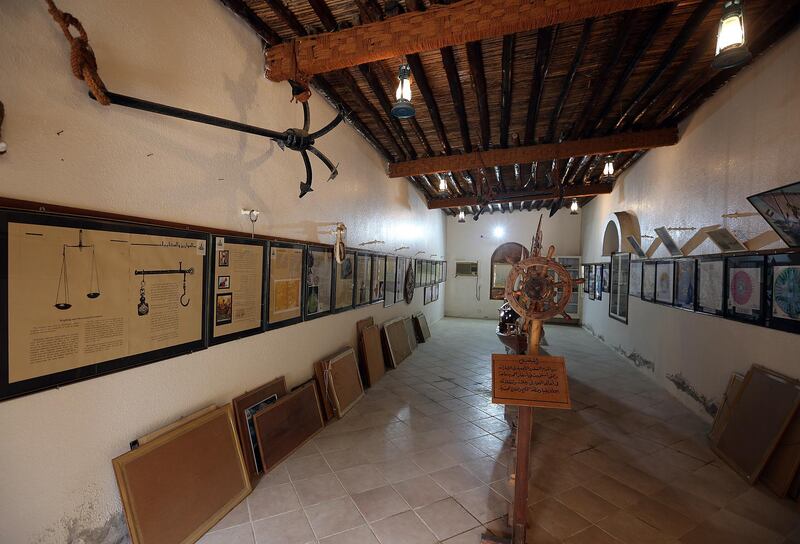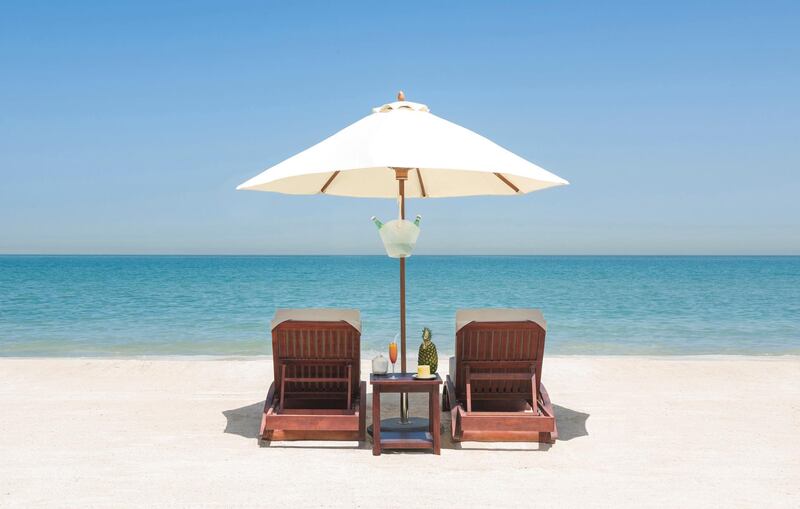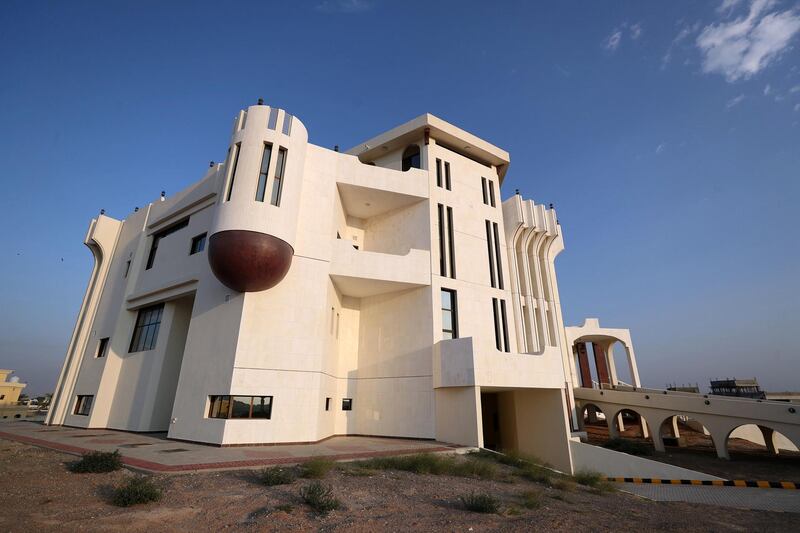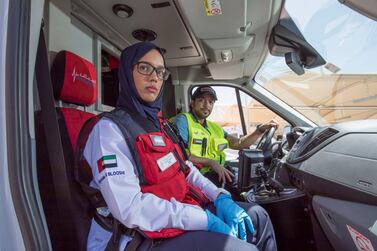Ras Al Khaimah is inviting the world to take a virtual glimpse of its tourist attractions as it prepares to bounce back from the Covid-19 pandemic.
With a 15,000-strong workforce reliant on visitor footfall, the emirate has set its marketing wheels in motion to ensure it is regarded as a go-to destination once the crisis is over.
As part of a new online campaign, RAK Tourism Development Authority launched the #FindRAKLater tagline to encourage tourists to explore the emirate when the world “can meet again”.
It also called on the UAE community to do everything it could to support local businesses when life returned to normal.
“While you stay at home, let us take you on a virtual journey around our emirate,” officials tweeted.
“Join us as we explore our natural landscapes, rediscover culture and history, and look forward to adventures you can take on when we can meet again. #FindRAKLater #ShortcationSoon.”
Travel and tourism sectors around the world have been hit hard by the Covid-19 pandemic.
Strict stay-at-home orders designed to slow the spread of the virus have hit the industry, with worldwide flight suspensions leading to a plummet in demand for domestic and international passenger travel.
In the first two weeks of March, Raki Philips, chief executive at the RAK Tourism Development Authority, said more than 50,000 tourists had visited Ras Al Khaimah.
But against the backdrop of the introduction of travel restrictions, visitor numbers quickly dwindled.
Stay home and discover RAK later ad advises
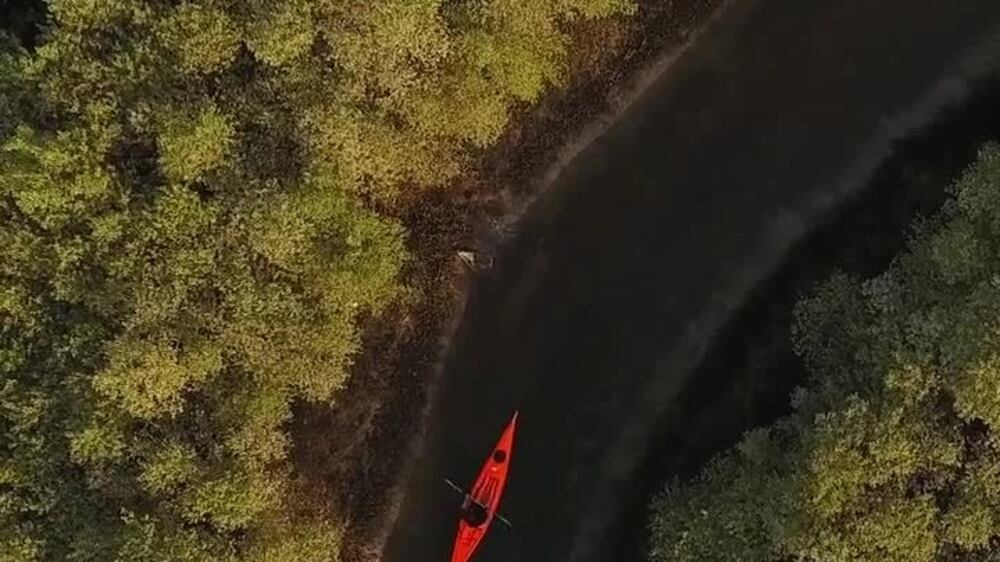
"Travel and tourism has been one of the worst hit industries from this pandemic, but we are looking at how we are going to come out of this," he told The National.
“Our business was not built on social distancing. We interact with people, so it has been a big adjustment for us.
“During my career in the industry I’ve worked during difficult times including the 9/11 attacks, a financial crisis and several natural disasters.
“Nothing has been like this [virus], or as fast changing, but we are working closely with partners to protect businesses and employees.
“The good news is the tourism industry is the most resilient, so when it comes back it will come back strong.
“Once we come out of this pandemic it is important to support local businesses and destinations because that will be our lifeline when things open up again."
According to government figures, the UAE travel and tourism sector accounts for about 12 per cent of the country’s GDP.
In Ras Al Khaimah, Mr Philips said tourism was the “fastest contributor” to the emirate’s economic growth.
In 2019, RAK Tourism Development Authority welcomed 1.2 million tourists, 60 per cent of whom were international visitors.
“We are blessed because Ras Al Khaimah is still a developing destination,” he said.
“We are not mass-market so do not have the same issues as busier markets.
“We are small and quite niche and that works well when coming out of a pandemic.”
Mr Philips said it was hard to put a timetable on when business would “return to normal” because developments continued to be so fluid.
But he said the recent announcement by Dubai Economy allowing some food stores to reopen was a “positive sign”.
"We have to prioritise what is important and be ready to pivot and adjust to changes fast," he said.

“We are also keeping a close eye on China and Singapore and are starting to see recovery models coming out of the countries.
“When the virus was at its peak in China, hotels were at single occupancy and many were closed.
“Now, around 90 per cent of hotels are open and operating at 50 to 60 per cent capacity.
“When we see trends like that it is very promising; there is light at the end of the tunnel.”
Mr Philips said Ras Al Khaimah's tourism authority was working on a multi-tiered approach to attract visitors to the emirate.
“The first customer base will come from within the UAE, people that want to get out of the house for a few days,” he said.
“When the time is right, hotels will start releasing short vacation packages once government restrictions are eased.
“As part of the packages, we will offer free tickets to local destinations including the Jebel Ali Zipline.”

Once the domestic market starts to resume travel again, Mr Philips said the authority would aim to attract regional tourists.
“As and when countries are given the go-ahead to open up their borders to visitors again, people will have the confidence to fly between neighbouring states, so we will focus on this market,” he said.
“The third round of recovery would be opening our destination up to other markets, like Asia and Russia, then the final would be Europe.
While you stay at home, let us take you on a virtual journey around our Emirate. Join us as we explore our natural landscapes, rediscover culture & history, and look forward to
— Visit Ras Al Khaimah (@RAKTourism) March 26, 2020
adventures you can take on when we can meet again.#FindRAKLater #ShortcationSoon
📸@beatnothing pic.twitter.com/y4Ae8sZo0C
“Whenever it is safe for guests to travel we are ready.”
In terms of supporting local businesses, Mr Philips said both the government and the authority were focused on three factors: protecting employees; supporting business partners; and ensuring the destination was ready for recovery.
To that end, RAK Tourism Development Authority has announced a series of further measures designed to ease financial pressures caused by the pandemic.
“We announced a 100 per cent waiver on all tourism licensing fines until September 30, a 100 per cent waiver on renewal or license fees until Q3 and a full waiver on all participatory fees for any road shows attended up until the end of 2021,” Mr Philips said.
